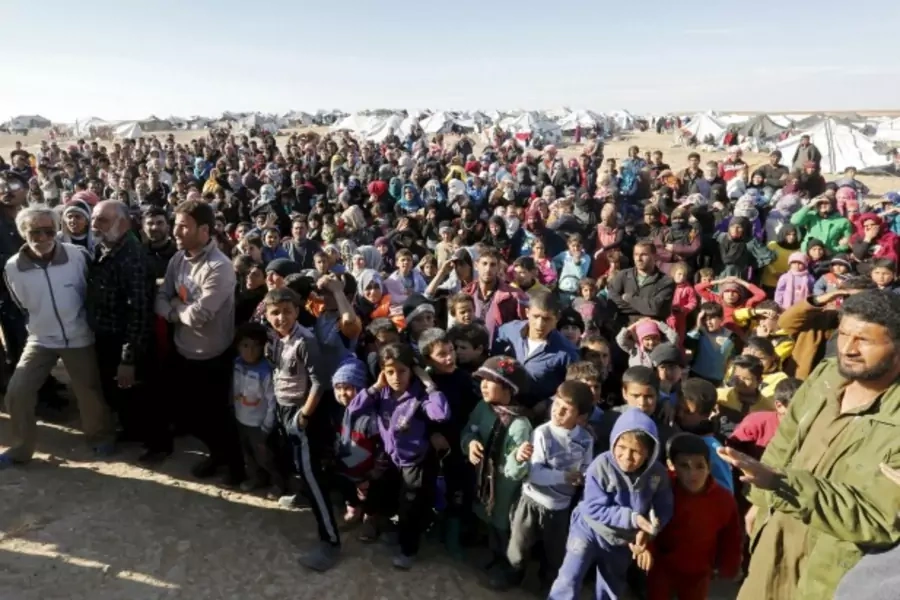Guest Post: Mounting Pressure Threatens Stability in Jordan

More on:
Tina Huang is an intern in the Center for Preventive Action at the Council on Foreign Relations.
As the Syrian civil war continues at lower levels of violence, neighboring countries face enduring security threats and international pressures to protect refugees pouring across their borders. In a new Center for Preventive Action (CPA) Contingency Planning Memorandum Update, “Growing Stress on Jordan,” Robert Satloff, executive director of the Washington Institute for Near East Policy (WINEP), and David Schenker, director of the Program on Arab Politics at WINEP, discuss the implications of Jordan reaching its “saturation point” for accepting Syrian refugees. Satloff and Schenker state that the risk of domestic unrest stemming from economic privatization, corruption, and a lack of reform—which was the focus on their 2013 report, “Political Instability in Jordan”—has since diminished, while spillover from the Syrian civil war is an increasing threat. They offer policy recommendations for how the U.S. government can support its partner in the Middle East.
The burden of hosting 1.5 million Syrian refugees consumed 17.5 percent of Jordan’s $11.7 billion budget in 2015, contributing to the country’s $2 billion deficit. Since 2011, support for Syrian refugees has cost Jordan nearly $6.6 billion in total. A growing concern for Jordan is security, explain the authors, as there are indications that some refugees are influenced by the self-proclaimed Islamic State and domestic terrorism is on the rise. This has placed additional pressure on an already stressed political system. For example, Jordan’s unemployment rate stands at 12 percent, with nearly 30 percent of its youth looking for jobs. A growing refugee population could exacerbate competition for sparse jobs and intensify existing social tensions.
The authors warn that the continued inflow of refugees could “tip the scales,” and conceivably lead to the collapse of King Abdullah’s regime if it is unable to maintain security while supporting the growing displaced Syrian population. Maintaining stability in Jordan is vital to U.S. interests given the country’s commitment to a peaceful solution in Israel, partnership in combating the self-proclaimed Islamic State, cooperation with pro-West strategic orientation, and confrontation of Iranian expansionism. Satloff and Schenker provide several policy recommendations for the U.S. government to protect political stability in Jordan.
• Increasing humanitarian assistance by reconsidering its allocation of its $533 million dedicated to refugee support and encouraging European and Arab allies to also invest in Jordan.
• Supporting employment opportunities for Syrian refugees by pressing European countries, primarily Germany, to invest in job creation within Jordan.
• Increasing defense and intelligence cooperation by equipping Jordan with advanced armed-and-surveillance-drone capability.
• Establishing a real safe zone where U.S.-led coalition forces will provide security, shelter, and food to displaced Syrians.
To learn more about Satloff and Schenker’s analysis and policy recommendations, read the report, “Growing Stress on Jordan.”
More on:
 Online Store
Online Store